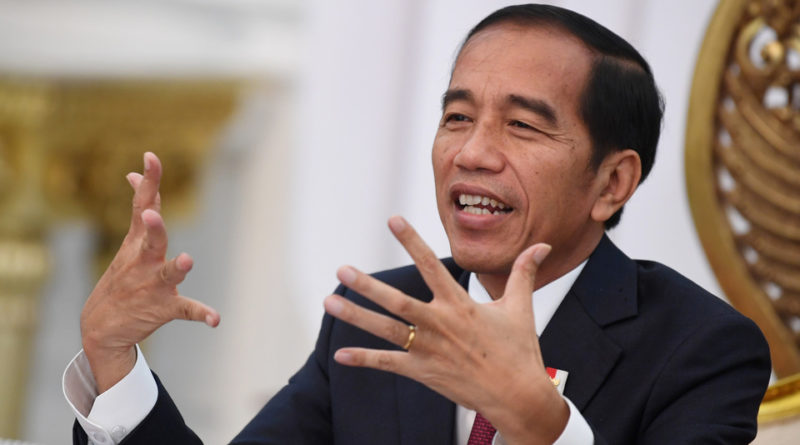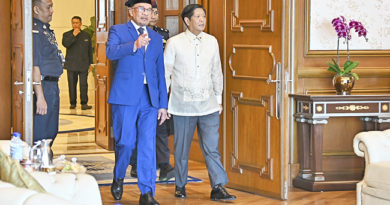JAKARTA: Should Jokowi Downsize His Next Cabinet?
Should Jokowi Downsize His Next Cabinet?
.
Jakarta. Experts say President Joko “Jokowi” Widodo should downsize his cabinet by merging several ministries or scrapping them all together to ensure efficiency and effectiveness.
“In my opinion, he needs to downsize his cabinet. A study should be conducted on what his next cabinet should be like,” Lina Miftahul Jannah, a state administrative expert, said on Wednesday.
.
–THIS SPACE BELOW IS RESERVE FOR YOUR ADVERTISEMENT –


.
She believes a downsized cabinet would ultimately also cut state expenses. However, a change in the system would not come cheap as letterheads, signboards and other aspects related to the relevant institutions, would need to be replaced.
Furthermore, several ministries and state institutions, such as the Ministry of Home Affairs and the Ministry of Villages, Underdeveloped Regions and Transmigration, currently have overlapping duties and responsibilities.
There is also confusion surrounding the management of public servants. While the home affairs ministry has authority over regional government employees, three other institutions also do. They are the Ministry of Administrative and Bureaucratic Reform, the National Civil Service Agency and the State Civil Apparatus Commission.
“There will be better coordination [between institutions] if the cabinet is downsized. The workflow will be more effective. It’s a pity regional governments have to report to and coordinate with different institutions, like the Ministry of Home Affairs, Ministry of Administrative and Bureaucratic Reform and National Civil Service Agency,” Lina said.
Jokowi was quite concerned about bureaucratic management at the beginning of his first term in office. “But not long after, political parties begin to interfere a lot, deals were made here and there, and Mr. Jokowi placed a focus on [developing] infrastructure,” she said.
.
–THIS SPACE BELOW IS RESERVE FOR YOUR ADVERTISEMENT –

Coordinating ministries also tend to assume the duties of other ministries. “The job of coordinating ministries is to coordinate [between related ministries]. If they are still necessary, their duties and functions must be reinvestigated,” Lina said.
.
–THIS SPACE BELOW IS RESERVE FOR YOUR ADVERTISEMENT –

.
Accommodating Allies
Now that Jokowi has secured a second term, the formation of a lean and effective cabinet strongly depends on his goodwill and political will, political observer Cecep Hidayat said. This is because ministerial positions are tainted by political interests due to the way Indonesia’s political system operates.
He said Jokowi will still need to accommodate in his next cabinet coalition parties or volunteers who have contributed to his election victory.
“If there is no goodwill and political will, of course, it will be difficult to create a lean and efficient cabinet. This is the consequence of the presidential system and political norms in Indonesia,” Cecep said.
He added that Jokowi formed too many new commissions and agencies to accommodate his political allies during his first term. There are several ministerial posts with unclear duties and functions.
Moreover, new ministries, such as the Coordinating Ministry for Human Development and Cultural Affairs and the Coordinating Ministry for Maritime Affairs, end up having overlapping authorities with other ministries.
Cecep said if Jokowi assessed the effectiveness of every ministerial post, he could downsize his cabinet or merge ministries whose duties and functions are unclear. This will make his cabinet more efficient and consequently save a lot of the state budget.
BY : CARLOS K.Y. PAATH & YEREMIA SUKOYO & CHRISTIAN LEE
–THIS SPACE BELOW IS RESERVE FOR YOUR ADVERTISEMENT –










